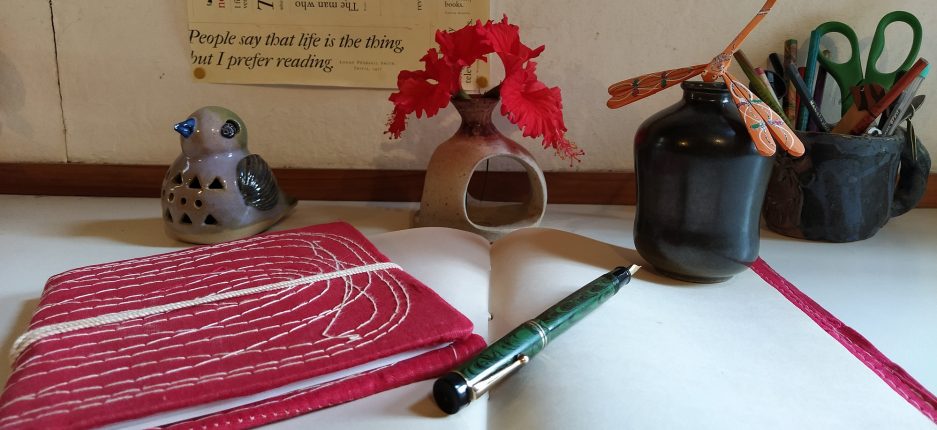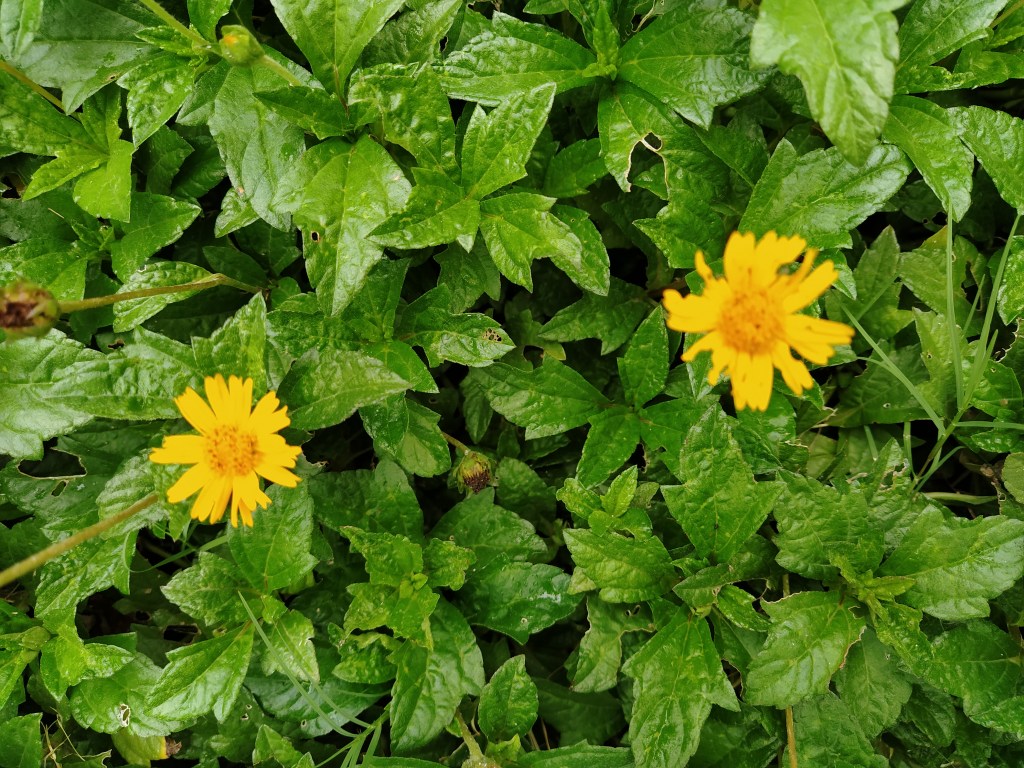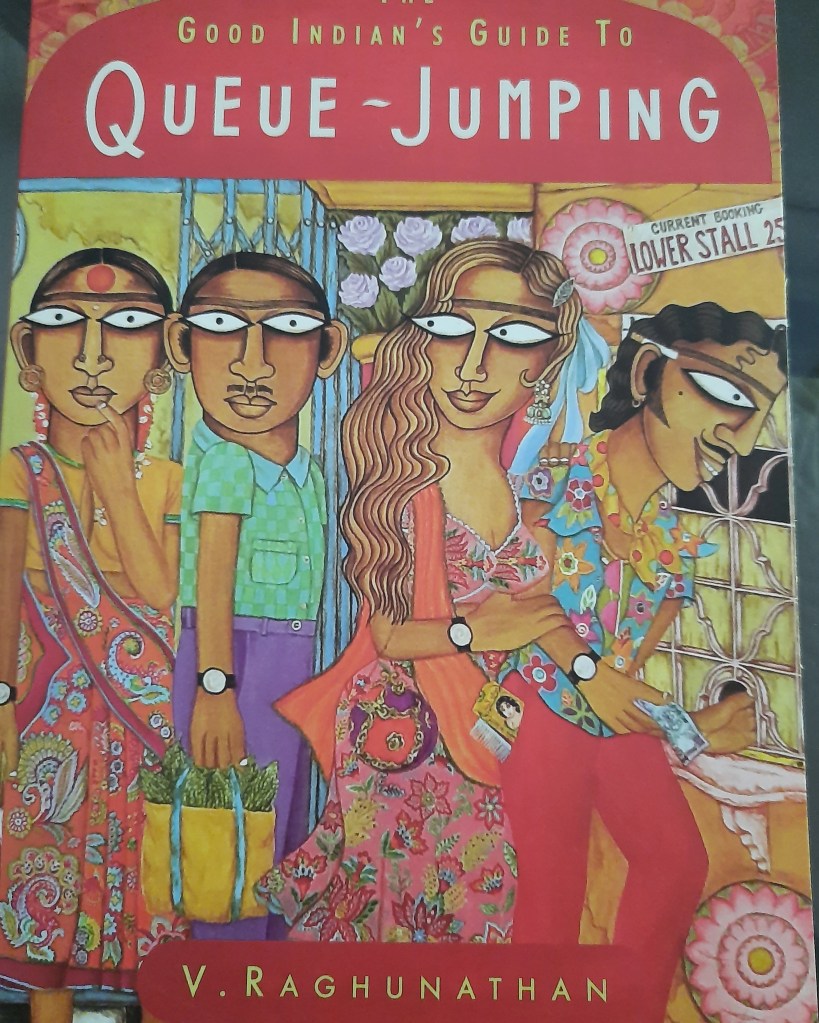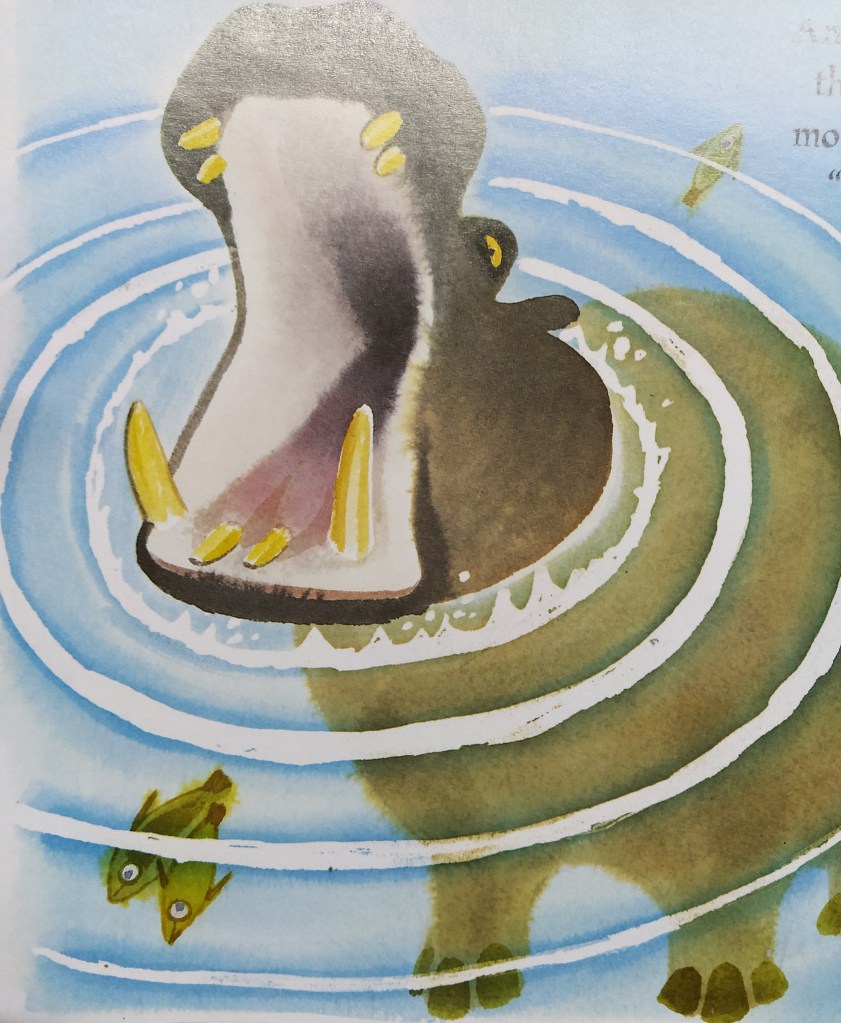
Source: mkgandhi.org
On January 9 1915, SS Arabia, a mail boat from England docked at Bombay port. Among those who disembarked were Mohandas Gandhi and Kasturba Gandhi, returning to settle in India after 21 years in South Africa. Gandhi was already well known in India for his 20 years of work for justice and satyagraha in South Africa. But the South African human rights activist had not yet become the leader of the Indian freedom struggle. However it was in the first few weeks back on his native soil that Mohandas would be bestowed with the title that became an integral part of his name for the rest of his life, and much beyond—Mahatma.
There are different stories about how this came to be, including that it was Rabindranath Tagore who gave him this honorific title in March 1915. In fact, it was three months earlier that the word Mahatma was first used to address him.
Upon return to India, following a week of a series receptions and meetings in Bombay, Mohandas left for Ahmedabad, and then travelled to Kathiawar. On 21 January 1915, Gandhi came to Jetpur where he visited the home of the town’s leading citizen nagarsheth Nautamlal Bhagvanji Kamdar.
The links between Gandhi and Nautamlal’s family had an older, slightly indirect history. Nautamlal’s daughter Manjula (Maya) was married to the son of Dr PJ Mehta, one of Gandhi’s oldest and closest friends. Pranjivan Mehta, a medical doctor, was one of the first Indians that Gandhi contacted when he landed in England in October 1888, as a young and naïve law student. Dr Mehta eased the shy Mohandas into the life and customs of the new country. The two became close friends, and the bonds lasted through their life. It was Dr Mehta who encouraged Gandhi to return to India in 1915 and supported him in every way as he found his feet on the road that would lead to India’s freedom. By then Dr Mehta had moved to Rangoon where he had a profitable jewellery business. The two friends continued to correspond, sharing ideas, issues and problems, and even visited each other. It was Dr Mehta’s financial support that enabled Gandhi to devote all his time and attention to the freedom movement. Dr Mehta even procured a plot of land in Ahmedabad for Gandhi to recreate the Phoenix Ashram experiment. This became known as Sabarmati Ashram. He also contributed funds for the setting up of Gujarat Vidyapith. Dr Mehta remained Gandhi’s pillar of strength until he passed away in 1932.
Thus the family of Nautamlal Kamdar also became close to Gandhi, and were also generous donors to the Sabarmati Ashram and the Gujarat Vidyapith. But even before these were established, the Kamdar family were among the first to welcome and support Gandhi as he embarked on the long march to freedom, right from the first week of his return to Indian soil.
On January 21, 1915 the family organised a felicitation meeting for Gandhi and Kasturba to be held at Kamri Bai School in Jetpur. Here both Gandhi and Kasturba were honoured with the presentation of manpatras (citations). It is in the citation to Gandhi that the title of honour of Mahatma was first recorded.
The original manpatra was in Gujarati, but here is an English translation of the same as sourced from https://nautamlalmehta.com.
To Shriman Mahatma Mohandas Karmchand Gandhi. Barrister-at-law.
Gentleman, You have returned to your native land after leading a fight for many years for the right of Indians. We the residents of Jetpur, are honored and pleased to have you here. We have gathered here to commemorate this auspicious occasion and we heartily present this document of honor to you and to your wife.
You were born in an honorable family of Karmchand Gandhi in Kathiawad and acquired higher education and higher knowledge. You have set a direct example of duty to all the people by way of performing duties rightfully, and we are very proud of it. Your father had brought fame by enjoying an executive post in the states of Porbander, Wankaner, Rajkot, etc. In a similar manner as your father, you have enhanced your father’s fame by taking a leading part in the interest of the country and people as a top priority of your life.
For the people of Indian origin in South Africa, you fought, sacrificed and showed them a new light in their life, in order to fight for their rights, justice, and their dignity. The Indians all over the world know your dedication and your unbounded love for them in their hearts. You also stood against the mighty British Empire with the new weapon of Satyagraha. You have come out a winner in that. We feel very proud and happy about it. The way you handled the British government with skill, determination, will power, undergoing physical and family pains, and imprisonment are all the hardships that you underwent in order to fight for human rights, bring success and were able to change the laws. We Indians are very proud of you. No amount of words can express the deep gratitude we feel for the work you have done in South Africa and in India.
It would be a very long document if we enumerated all the achievements you accomplished in South Africa and in India. Even though you come from a noble family and earned a degree in law and have had biographies written about your achievements, we will not take up much of your time in enumerating them.
You discharged your duties without self-interest and sacrificed money matters. Your behavior is characterized by what is being told in Hindu religious scriptures about saints as to how they should behave and what religious practices they should follow. It is not an exaggeration to honor you with the title of “Mahan Yogi” (Mahatma), it is based upon your self-knowledge of the Mahan soul (atma).
We pray to the creator of world that you may continue the way in which you are trying for the well-being of Hind and that way obliging Hind, and you and your wife remain hail and healthy physically; and the almighty god may bestow upon you a long life; and that you may enjoy all happiness and peace, along with other members of your family.
Jetpur, 21-1-1915 (January 21.1915)
This week as we mark the birth anniversary of Gandhiji, it is interesting to discover how Mohandas became Mahatma Gandhi.
–Mamata








